Stay cool this summer with these hot new books
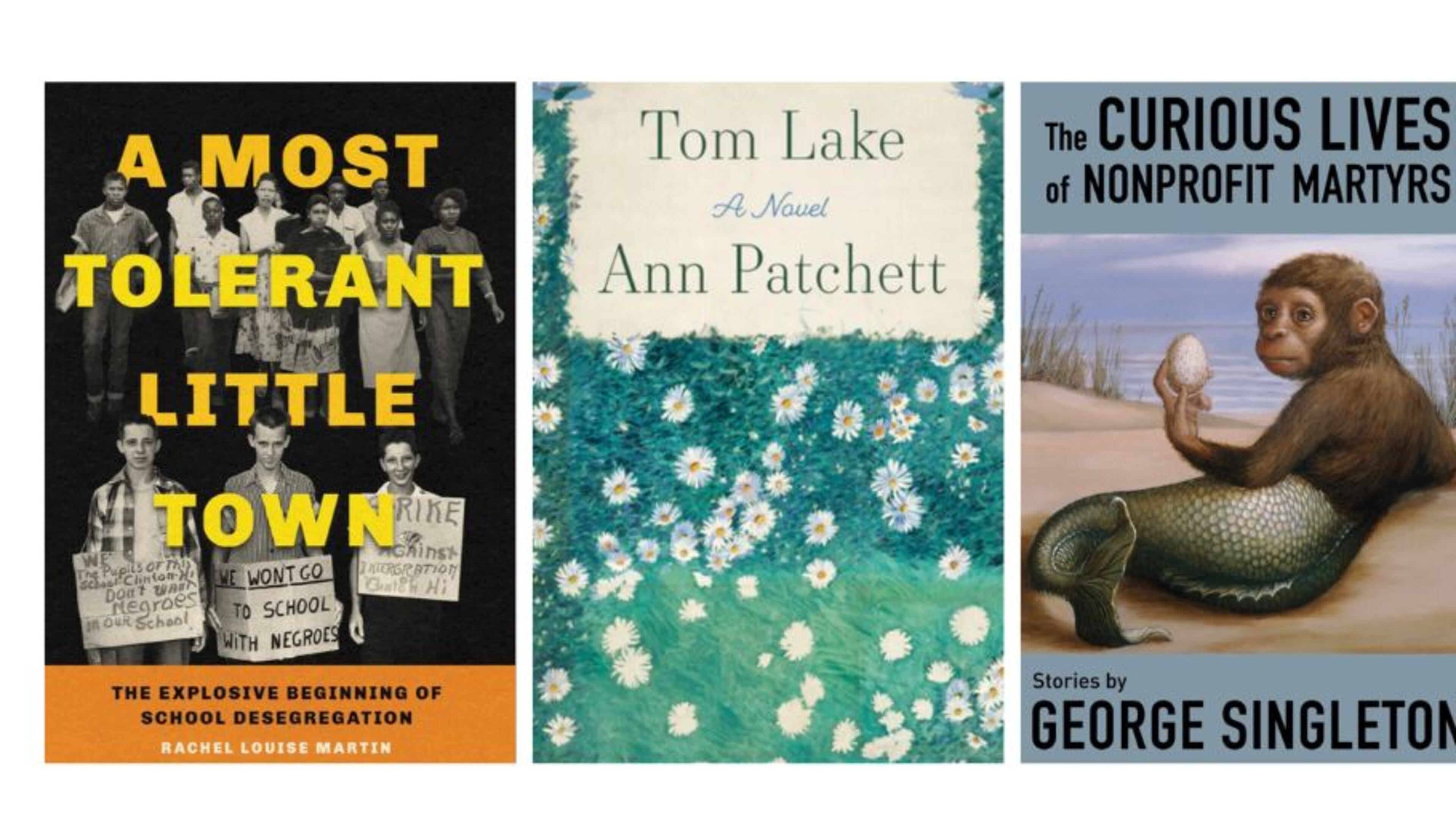
I had a high school English teacher who told my class that she’d once spent an entire summer in her bedroom with the air conditioning on full blast, reading nothing but Shakespeare for three months. The image of her propped up in bed in a frigid room, surrounded by big, dusty books while the sun burned bright outside has always stayed with me.
It’s not how I’d want to spend my summer, but also — I kind of get it. When the dog days hit, making the outdoors unbearable, what better way to spend the day than holed up inside with a book of substance that makes you think?
In honor of that English teacher, who I dare say has long since passed, here are 10 meaty books you can really get your hooks into this summer.
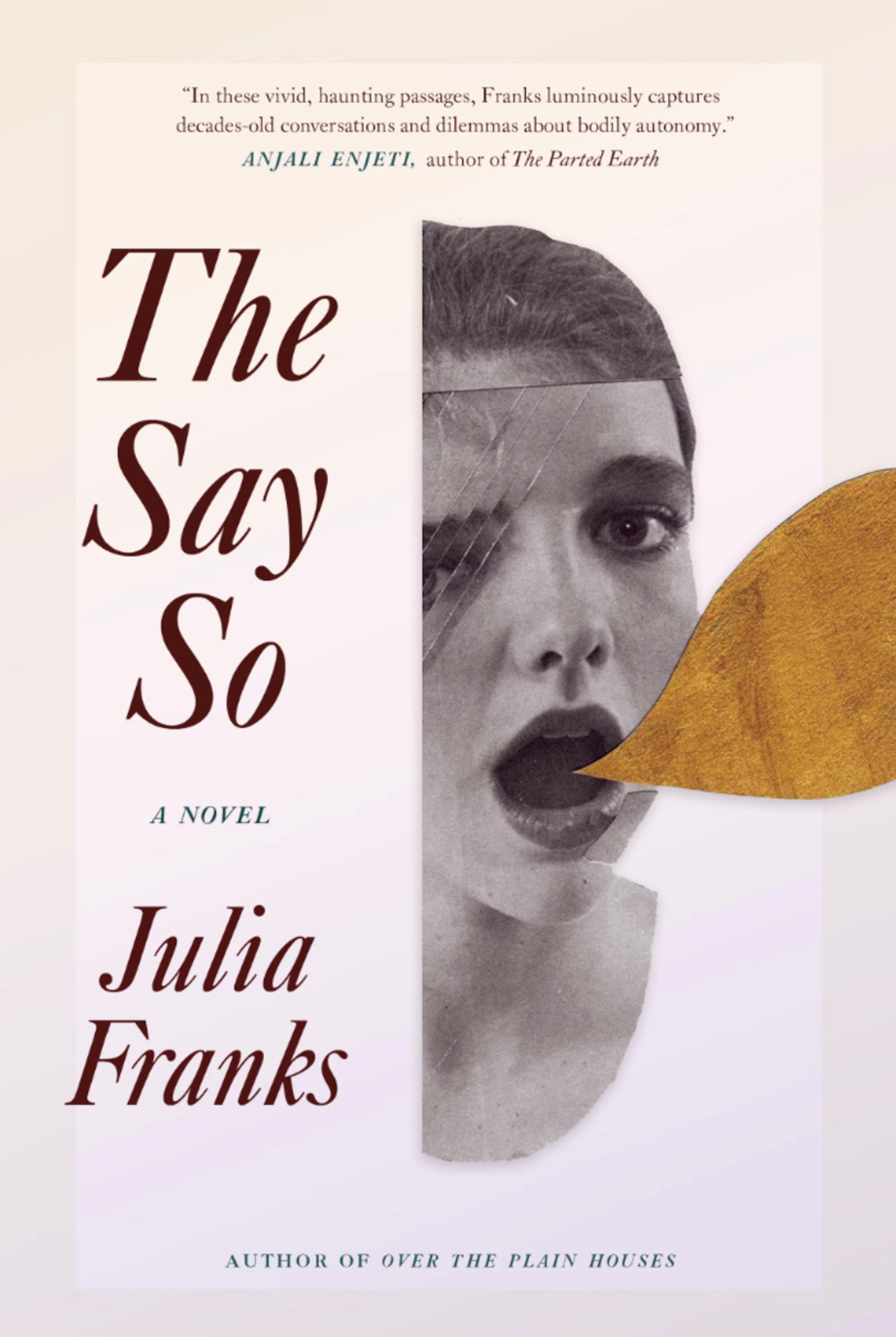
Atlanta author Julia Franks won the Townsend Prize for Fiction in 2018 for her highly celebrated debut “Over the Plain Houses” about a crumbling marriage in Depression-era North Carolina. Now she’s back with another gorgeously crafted tale; this one is about unexpected pregnancies — one in 1957 Charlotte, North Carolina; one in 1984 Poughkeepsie, New York. The first one is Edie’s; she’s sent to a home for unwed mothers where she’s expected to give up her child for adoption, even though she doesn’t want to. When she turns to her closest friend Luce for support, a devastating event occurs that severs their friendship. The second pregnancy belongs to Meera — Edie’s daughter. When history repeats itself, Edie and Luce are drawn back together, as Meera uncovers their long-held secrets. (Hub City Press, June 6)
In 1956, the high school in Clinton, Tennessee, became the first public school in the South to attempt court-mandated integration after Brown v. Board of Education. It was a harrowing time, stirring the passions of civil rights activists, anti-integrationists, the KKK and residents trying to negotiate early tremors in the long, cataclysmic, ongoing shift toward racial equality. Based on extensive interviews representing a myriad of viewpoints, historian Rachel Louise Martin crafts a gripping account of events that still remain a sore subject today. (Simon & Schuster, June 13)
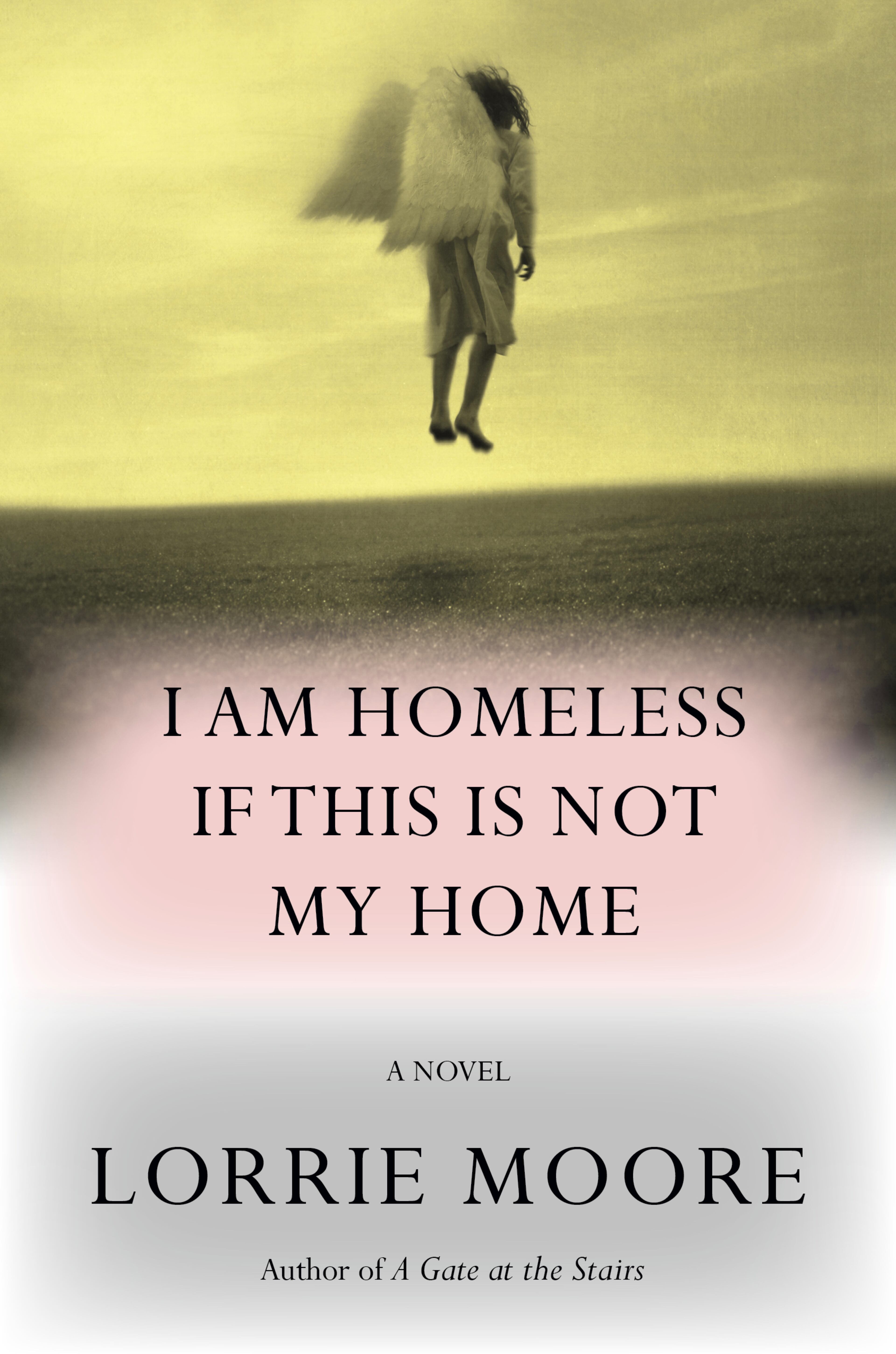
“I Am Homeless If This Is Not My Home”
A witty, poetic meditation on grief and letting go, Lorrie Moore’s slim novel slips back and forth between that thin veil that separates the living from the dead. A woman writes letters to her dead sister after the Civil War. A suspended high school teacher visits his brother in hospice, then takes a road trip with the spirit of his ex-girlfriend who killed herself. What’s real? What’s not? When it comes to Lorrie Moore, you just have to go with the flow. The payoff is usually worth it. (Knopf, June 20)
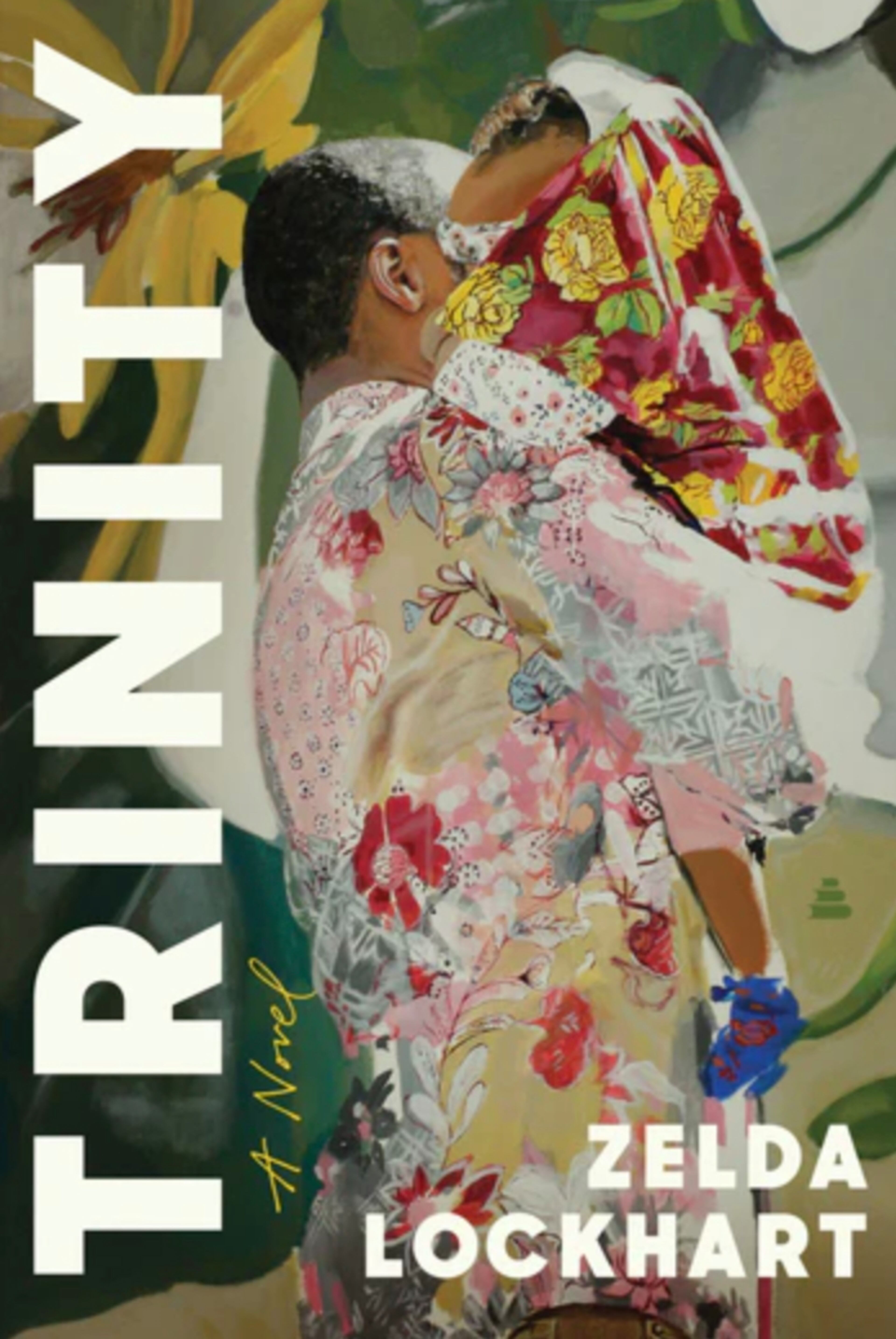
This wrenching story about Black trauma spans from the shores of Ghana where men sold their womenfolk into the slave trade to the Jim Crow South where father and son Benjamin Lee and Benjamin Junior are soul-sick having to navigate the brutalities and indignities of racism after having risked their lives fighting wars in Korea and Vietnam. In Zelda Lockhart’s ethereal telling, the men’s pain is rooted in the suffering and loss of the Mother-Spirit, who was unable to survive the atrocities inflicted on her people. The power to heal resides with the Daughter-Spirit, Ben Junior’s progeny, Lottie Rebecca Lee. (Amistad, July 4).
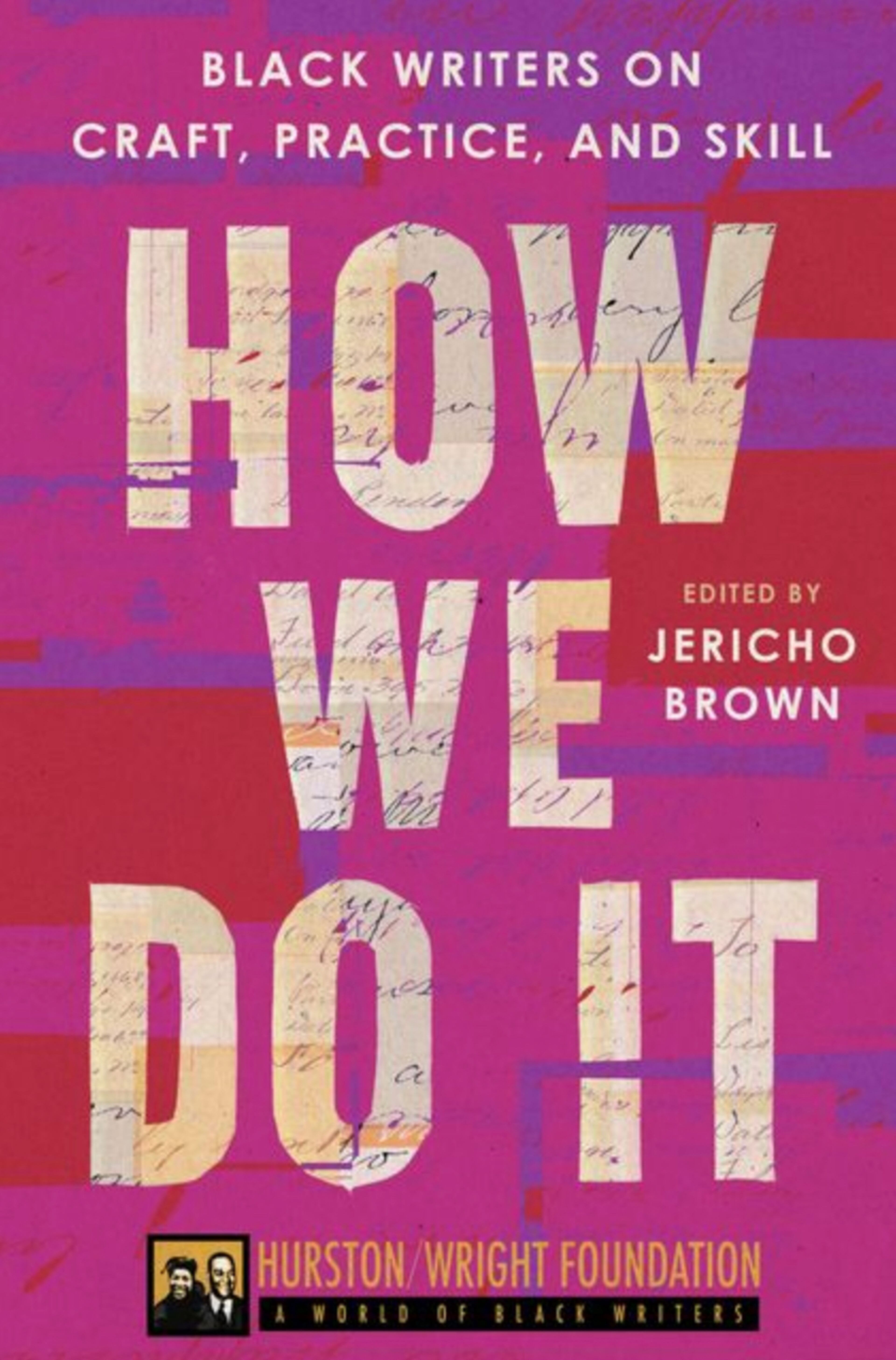
Pulitzer Prize-winning poet and Emory professor Jericho Brown edited this anthology of essays by 30 contemporary Black poets and authors who explore the topic of being a Black writer. Subtitled “Black Writers on Craft, Practice and Skill,” it contains instructional essays on plotting a story and the poetic form, but it also features thoughtful and thought-provoking meditations on language, de-colonizing metaphors and what it means to be a Black creative. Contributors include such literary luminaries as Brown, Nikki Giovanni, Natasha Trethewey, Rita Dove, Tayari Jones and Jamaica Kincaid. (Harper Academic, July 4)
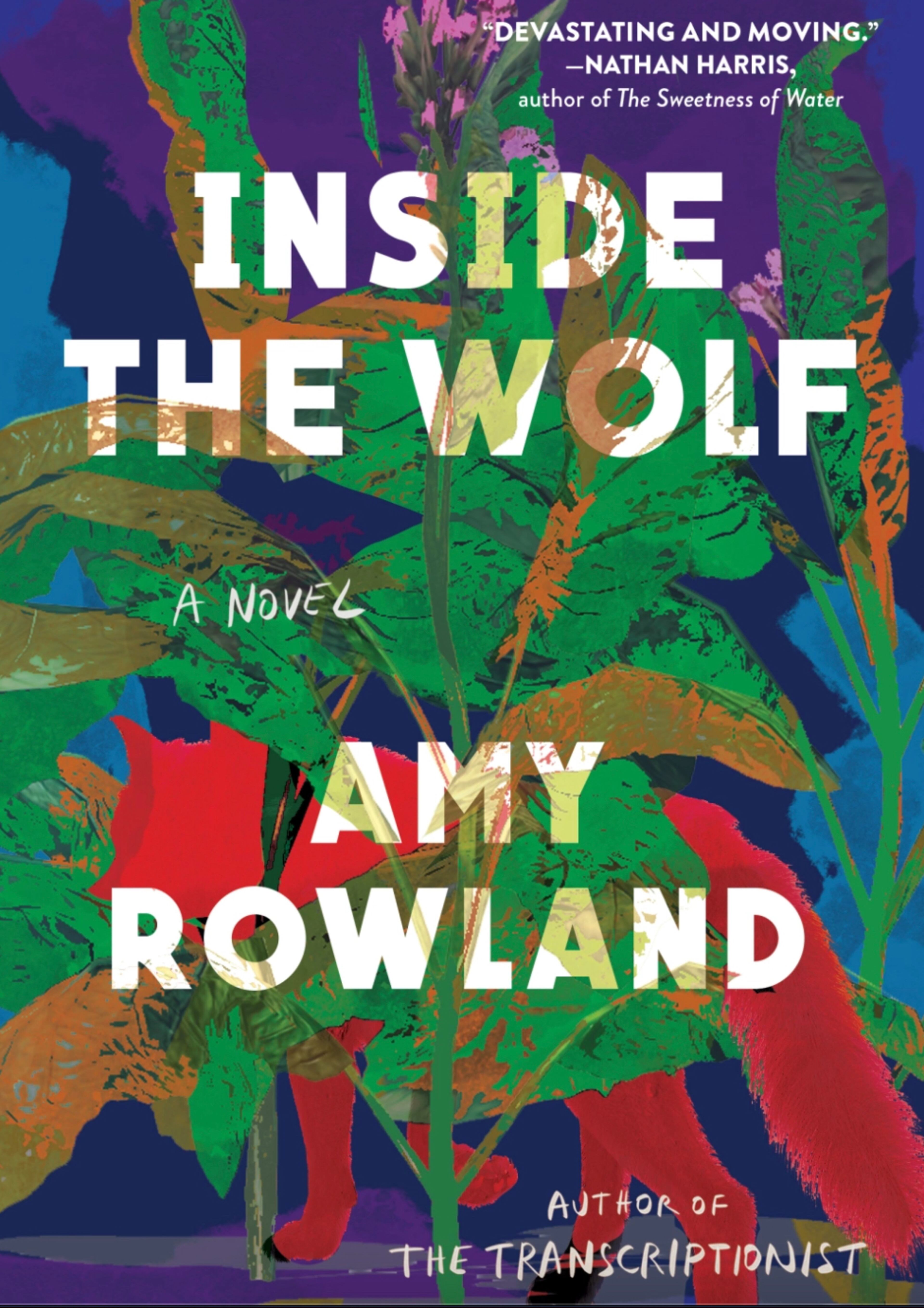
Rachel Ruskin tried to escape her past growing up on a tobacco farm in Shiloh, North Carolina, by moving to New York City to pursue a career in academia in Amy Rowland’s new novel. But when Rachel fails to make tenure, she returns home where she confronts deep-seated shame surrounding a misdeed from her youth as well as a culture steeped in toxic masculinity and gun violence. (Algonquin, July 11)
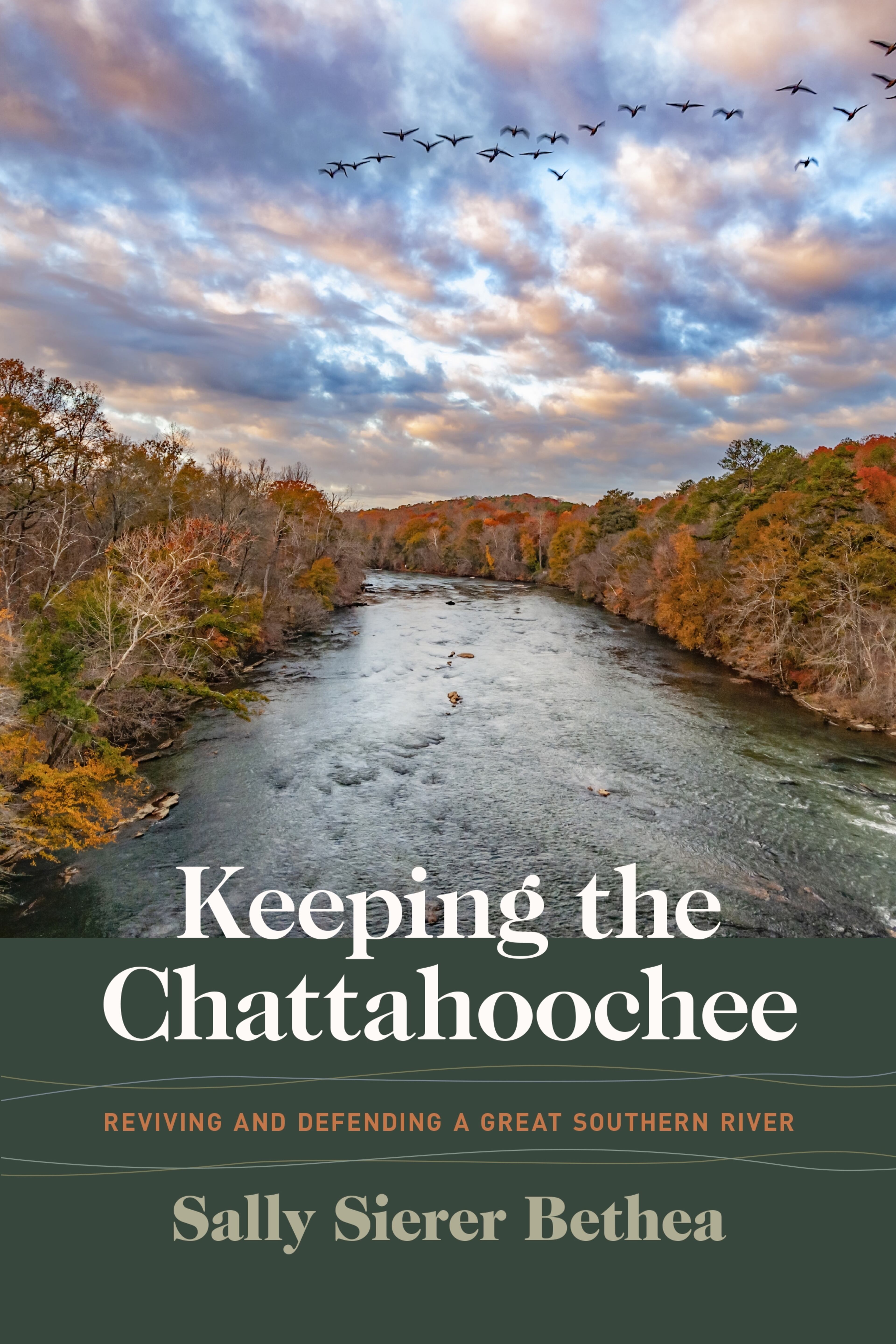
Atlanta environmentalist Sally Bethea was the founding director of the Upper Chattahoochee Riverkeeper for 20 years and is credited with raising billions of dollars to help restore the river and preserve the quality of the metro area’s drinking water. “In this inspirational book, Sally describes her journey with entertaining stories that illustrate how to step up and make a significant difference,” writes Laura Turner Seydel, co-founder of Chattahoochee Riverkeeper. (UGA Press, July 15)
Does it really matter what Nashville author Ann Patchett’s new novel is about? Don’t we all just want to read it regardless? This woman remains at the top of her game, producing sublime, engrossing, gorgeously crafted studies of family life and the many permutations of familial and romantic love. In her latest, a mother recounts a youthful romance she had with a famous actor to her three daughters, prompting them to see their mother in a different light and reconsider their relationship with her. (Harper, Aug. 1)

David Joy has built a career writing mostly gritty, violent tales about tormented white men and their nefarious activities in the North Carolina mountains. In his latest book, the setting is the same, but that’s about all. Part mystery, part social commentary, it is centered on a young Black woman — an artist and an activist from Atlanta — who returns to her hometown to complete her graduate thesis. While there, she destroys a Confederate statue, setting into motion a domino effect of reactions that escalate when authorities discover a high-ranking Klan member in their midst and a couple of crimes rock the community. (Putnam, Aug. 1)
“The Curious Lives of Nonprofit Martyrs”
Reading George Singleton is like sitting at the bar at some hole in the wall establishment with your funniest uncle who should have been a comedian instead of an auto mechanic telling you stories that leave your ribs aching from laughter by the time you crawl home. His short story titles alone are enough to prompt a grin: “The Arbitrary Schemes of Naming Humans.” “Why I Quit Reading.” “You’re Supposed to Be Where You Are.” If you need to lighten up, this is the book for you. (Dzanc Books, Aug. 15)

